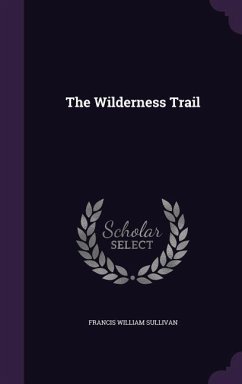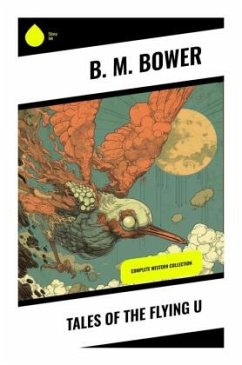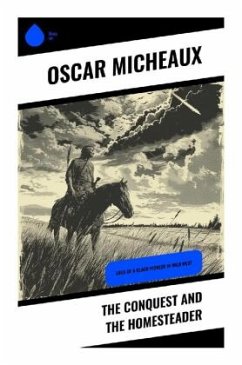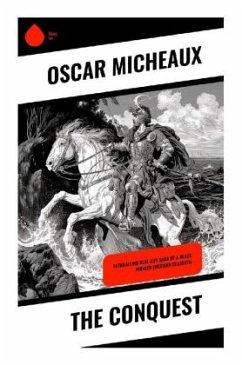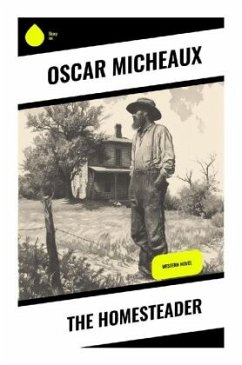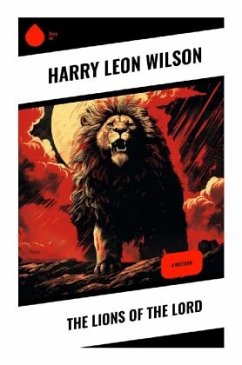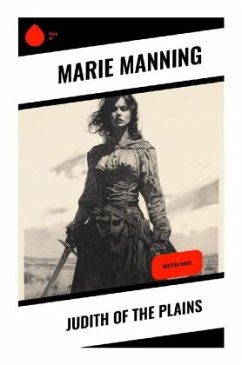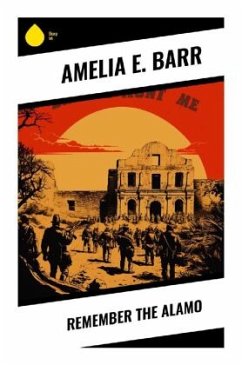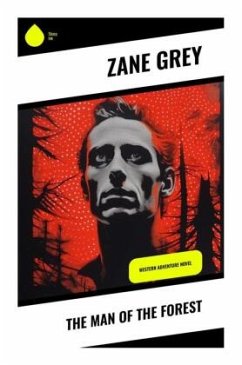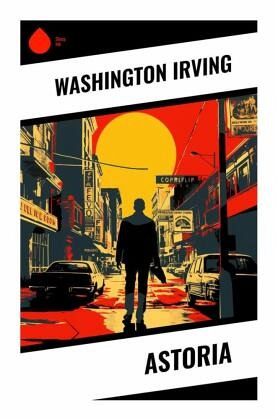
Astoria
Versandkostenfrei!
Versandfertig in 6-10 Tagen
15,20 €
inkl. MwSt.

PAYBACK Punkte
0 °P sammeln!
In "Astoria," Washington Irving crafts a meticulously detailed narrative that chronicles the ambitious quest to establish a fur-trading post in the Pacific Northwest during the early 19th century. Merging historical accounts with vivid storytelling, Irving employs a romantic style reminiscent of his other notable works, creating a rich tapestry of adventure, exploration, and the encounter between culture and nature. The book not only unveils the rugged landscapes of America but also delves into the complexities of human aspirations and the challenges of frontier life, positioning itself within...
In "Astoria," Washington Irving crafts a meticulously detailed narrative that chronicles the ambitious quest to establish a fur-trading post in the Pacific Northwest during the early 19th century. Merging historical accounts with vivid storytelling, Irving employs a romantic style reminiscent of his other notable works, creating a rich tapestry of adventure, exploration, and the encounter between culture and nature. The book not only unveils the rugged landscapes of America but also delves into the complexities of human aspirations and the challenges of frontier life, positioning itself within the broader context of American Romanticism and the era of American exploration. Washington Irving, often hailed as the father of the American short story, possessed an insatiable curiosity and an affinity for storytelling that permeated his literary career. His own travels through the regions he wrote about, along with a keen interest in the indigenous peoples and untamed landscapes of America, undoubtedly fueled his desire to illuminate the unique journey of those who ventured westward. "Astoria" reflects Irving's deep engagement with national identity during a period when America was setting the stage for its expansion. Readers seeking a blend of historical insight and lyrical prose will find "Astoria" a captivating read. Irving's ability to interweave factual exploration with imaginative narration invites a thoughtful reflection on American ambition and identity. For scholars and casual readers alike, this work remains an essential exploration of the American frontier, beckoning one to navigate the tension between dreams and reality.



